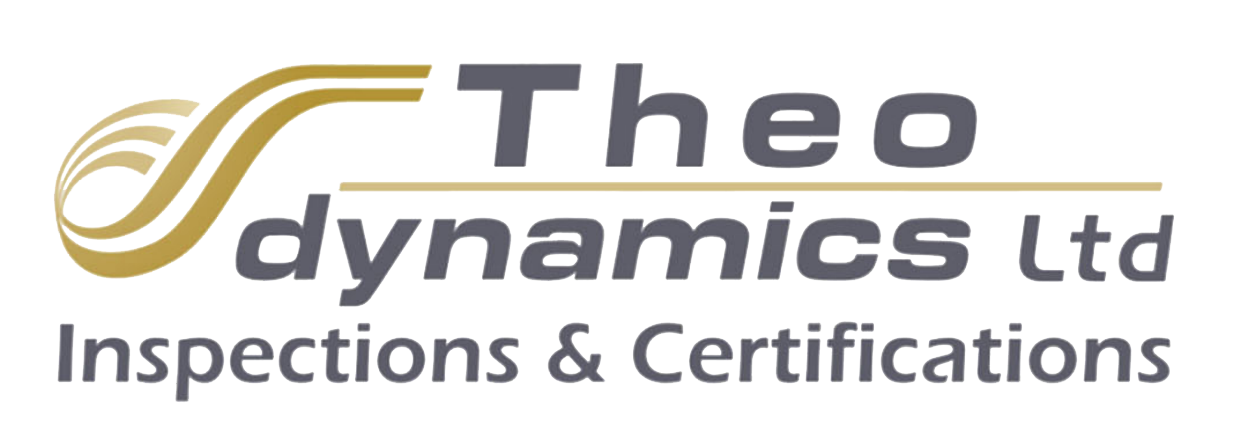
Codex Alimentarius (WHO) World Health Organization CODEX ALIMENTARIUS is a recommended international code of practice. It is based on the preventive management of food safety issues. This document follows the food chain from primary production through to the final consumption, highlighting the key hygiene controls to each stage, to enhance food safety.
Company's Goal
The object of the company is certification of management systems in accordance with the following standards:
- 1. Quality ISO 9001:2015 ISO 9001, is an internationally recognized standard for quality management systems, applicable to all companies, regardless of type, size, product or service. It is used by Certification Bodies to audit the organization’s ability to meet customer, regulatory and the organization’s own requirements.
- 2. Environment ISO 14001:2015 ISO 14001, is an internationally recognized standard for environmental management systems. It is applicable to all kinds of organizations, who are interested to control the impact of their activities, products and services on the environment.
- 3. Health and Safety OHSAS 18001:2007 BS OHSAS 18001/ELOT 1801 is an occupational health and safety management systems standard, applicable to all kinds of organizations, who are interested to control their occupational health and safety risks, and meet legal and policy requirements, and eliminate the incidents/accidents.
- 4. Food Security ISO 22000:2005 ISO 22000:2005 is an international standard, which defines the requirements of a food safety management system. It integrates the principles of HACCP and the application steps developed by the Codex Alimentarius Commission. It provides the means to determine and document identified hazards that need to be controlled.
Certification Process
The process of certification, in flowchart form below, generally consists of the following steps:

Training & Seminars
Knowledge is power only when put into practice. Hence, the seminars covered by practical exercises and case studies. THEODYNAMICS Ltd offers courses for Internal and Lead auditors, on topics related to the below standards:
- 1. Quality ISO 9001:2008 Training is intended to provide all information and methods for internal and external auditing of quality management systems to the ISO 9001 standard.
- 2. Environment ISO 14001:2004 It provides training on how to establish and maintain an EMS. It should be taken by all relevant Managers and Staff of any organization committed to controlling its environmental impact and liability exposure, enhancing its image and market share, and achieving regulatory compliance.
- 3. Health and Safety OHSAS 18001:2007 Training includes the explanation of the standard. Hazard identification, risk assessment and determining controls related to each work activity. Legal and other requirements. Objectives and programs. Resources responsibilities, competence and communication. Operation control, emergency response, performance measures and monitoring. Incidence investigation, nonconformance’s, corrective and preventive action. Internal audit and management review.
- 4. Food Security ISO 22000:2005 Planning: HACCP and identification of control points, Identification of legal and other requirements, Contingency, Objectives, Organizational structure, roles. Responsibilities and authorities Implementation and operation: Operational control, Management of resources, Documentation requirements, Documentation requirements, Communication. Performance assessment: Monitoring and measurement, Evaluation of compliance, Internal audit, handling of nonconformities. Improvement: Corrective, preventative and improvement action, Management review. Food safety PRPs: Premises and facilities, Personal hygiene, Pest control, Sanitation and cleaning, waste management, Product supply and raw materials, Maintenance and servicing, Foreign object control, Transport/delivery.
- 5. Codex Alimentarius, general principles of food hygiene principles and practice. Food hygiene training. Food handling and packaging. How to identify potential risks and take the necessary action to remedy deficiencies.
